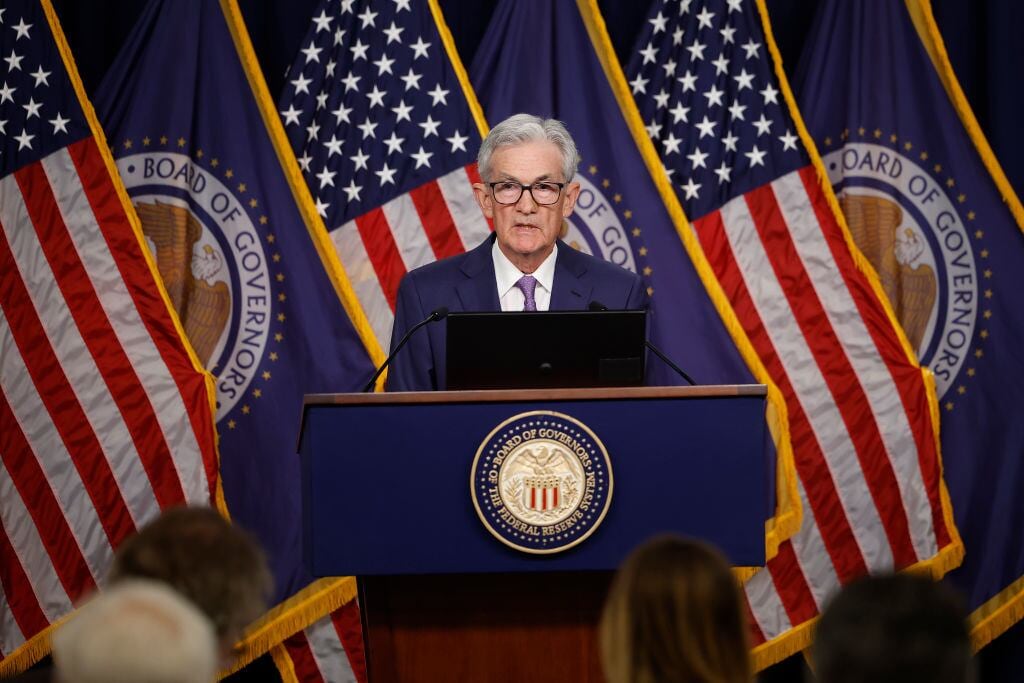*By Hope King* Tiger Woods. Papa John's John Schnatter. Roseanne Barr. Just a few high-profile names that cost mega brands big. To protect themselves against celebrity scandal risk, companies have been taking out "disgrace insurance policies" against their celebrity endorsers at an increasing clip. In the U.S., the number of these policies has risen as much as 2,000 percent in the last few years, Janet Comenos, CEO of Spotted, a company that monitors celebrities and pairs them with brands, said in an exclusive interview with Cheddar. "The reason it's become so immensely popular in the U.S. over the last 18 months is because of the Harvey Weinstein scandal, and the #MeToo and #TimesUp movements," Comenos said. Another factor? The dominance of social media. "We're living in such a social media-driven environment that everything a celebrity does is immediately there for public consumption," she said. But it's not just celebrities that companies want to protect themselves against ー insurance companies that work with Spotted are also creating policies for top executives. The "more conservative industries" have been the early adopters, according to Comenos. Sectors such as financial services, pharmaceuticals, consumer packaged goods industries are ones she calls "first movers." And there's good reason for the policies. According to a 2016 study by the Harvard Business School, CEOs behaving badly between 2000 and 2015 resulted in a 3.1% decline in a company's stock price on average. Most recently, shares of [Wynn](https://www.marketwatch.com/story/wynn-resorts-shares-tank-after-report-of-sexual-misconduct-by-owner-steve-wynn-2018-01-26) and [Papa John's](https://www.courier-journal.com/story/news/2018/07/23/papa-johns-stock-dropped-nearly-10-percent/821719002/) suffered huge investor blowback when the companies' founders made headlines, respectively, for sexual assault allegations and racist comments. Disgrace insurance covers how much the brand paid for the endorsement (not any advertising around the celebrity), and costs around 1 percent of that amount. For example, a policy to recoup a $5 million endorsement would cost $50,000. When measuring which celebrities are most at risk for scandal, Spotted looks at 20 different risk factors, including stance on politics, race, and instances of infidelity. According to the company, the top five scandals that can damage a celebrity's professional career and appeal are, in order, sexual assault and harassment, physical attacks, drugs, infidelity, and offensive or lewd comments. "All of these things can alienate consumers and create risk for a brand," Comenos said. Spotted's latest report on the riskiest celebrities will be published later this month. For more on this story, [click here](https://cheddar.com/videos/why-celebrity-disgrace-insurance-has-risen-2000).












